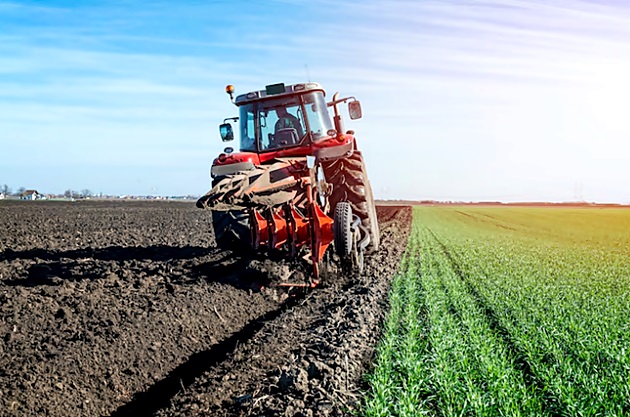762

In order to "adapt to changing realities, in the words of President Ursula von der Leyen, it was essential to conduct a rapid analysis of the situation and propose specific adjustments to streamline the implementation of the Common Agricultural Policy (CAP), as stated in a statement issued by Copa-Cogeca.
This is what the European Commission has done quickly. Copa and Cogeca share the Commission's analysis and support these simplification measures that do not undermine agricultural transitions.
Following the presentation of its non-paper document in February last year, as an urgent response, the European Commission today presented a second set of CAP simplification adjustments to address medium-term concerns.
The chaotic implementation of the highly complex new CAP as of January 2023 collided with climatic, geopolitical, and economic events that made it difficult, if not impossible, to meet certain technical or calendar obligations.
Agriculture is an outdoor activity that does not tolerate overly rigid administrative hours. The Commission reacted to some of the concerns expressed across Europe, considering that "(...) adjustments are necessary to ensure the efficient implementation of plans and to reduce bureaucracy.
Additionally, the Commission recognized that these elements are part of the reasons for the widespread protests by farmers in the Member States.
Therefore, the objective is clearly stated by the Commission and should be supported by all; to review overly rigid, complex, and excessively administrative elements without questioning the direction of the agricultural transitions envisaged in the CAP. This also explains why the Commission did not plan any impact assessment of these adjustments.
Thus, it can only regret the polarization campaign that began even before the publication of the regulation proposal, creating a disconnect between the content of the text itself and its presentation in the European public debate. It is important to understand what the Commission has actually proposed:
• The changes to GAEC 5, 6, and 7 do not remove the obligations to comply with these standards but provide Member States and farmers with a more flexible way to meet them, taking into account local extreme weather phenomena and soil conditions. Regarding GAEC 7, we consider that this flexibility does not go far enough.
• The proposals regarding GAEC 8 now make it possible to achieve these objectives through voluntary measures in Pillar 1 (ecoschemes). However, the European Commission should allow the use of agri-environmental climate commitments for the same purpose.
• We believe that the proposal to exempt farmers under 10 hectares from CAP cross-compliance checks and sanctions will significantly reduce the administrative burdens they face.
• Regarding the proposals impacting the functioning of the food supply chain, we support measures to improve and consolidate farmers' position in the chain, especially those through producer organizations, with the aim of ensuring fair remuneration.
However, these should be complemented by increased transparency in the functioning of the food chain and the reduction of associated administrative burdens. We hope that both the Council and the European Parliament can continue quickly analyzing the proposals in this area.
There are still many lessons that could have been learned from the implementation of the CAP. For example, it is essential for the Commission to adjust its process for analyzing and approving national strategic plans to ensure it becomes faster and more responsive to the needs of Member States and farmers.
Ultimately, farmers, foresters, and their cooperatives are the ones who will effectively implement the requested transitions while ensuring the EU's food security, so it is necessary to hear them and build effective responses that work on the ground.
In conclusion, Copa-Cogeca calls on the Council and the European Parliament to quickly adopt these proposals to allow implementation by all Member States already in 2025, ensuring predictability and stability for the European agricultural community until 2027. (Photo: Freepik)




